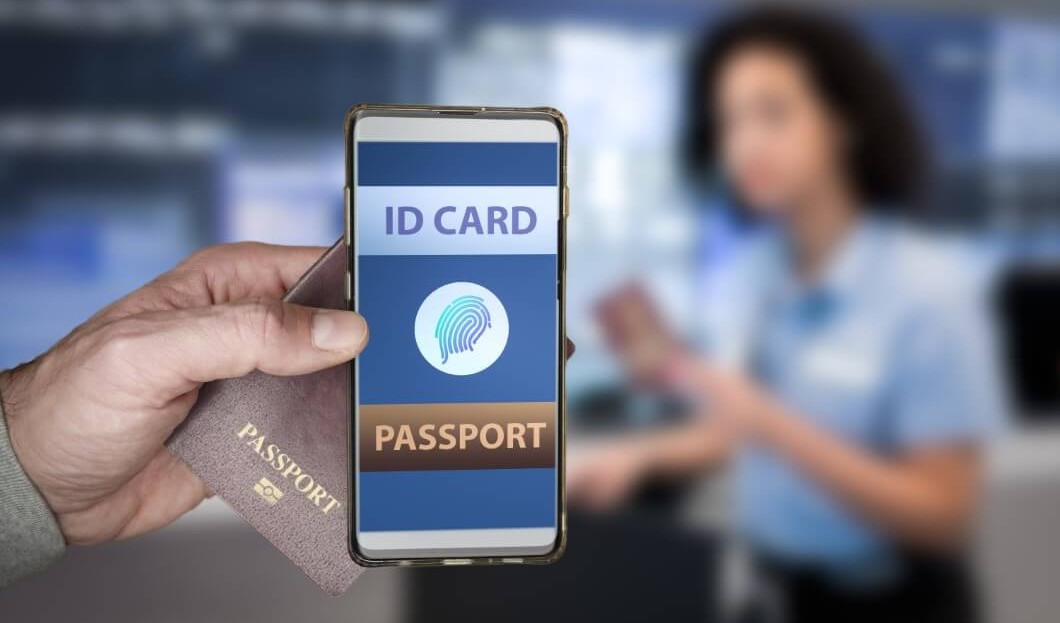
SMART TIPS FOR PROPER BUSINESS TRAVEL PLANNING
When employees go on business trips, whether it is a visit to the company’s headquarters or a presence at a trade fair in the nearest big city, it is essential to plan everything well. Effective business travel management enables companies to optimize their budgets and working hours. To help with optimal organization, we have put together some helpful tips.
Employees as Company Ambassadors
As a business traveler, it is important to maintain schedules while on the road. To ensure this, it is advisable to book the trip in a way that allows employees to arrive at their destination earlier than the set time. This provides a buffer for potential delays in train or flight schedules. It is also important to book hotels near the event, the exhibition center, conference location, or the headquarters of the customer being visited.
On business trips, employees represent the company. Therefore, focusing on punctuality and optimizing the necessary soft skills before the trip is essential. In addition, it is essential to provide employees with appropriate communication strategies and country-specific knowledge to avoid intercultural misunderstandings.
Giving up Responsibility Saves Time and Ensures Satisfaction
Companies should empower their employees to plan business trips. Dedicated booking management software can be used during planning to ensure company business travel policies are considered. Allowing employees to organize their business trips within certain guidelines can increase satisfaction, as they have control over where they stay and when they schedule appointments.
This also eliminates the need for a travel manager and saves HR time. However, suppose you prefer not to delegate this responsibility to your employees and do not have any in-house staff to handle it. In that case, you can consider hiring a travel agency specializing in organizing business trips.
Make a Checklist Available for Business Travelers
Providing an employee with a checklist for travel preparation can greatly benefit those without experience. Such a checklist can ensure a smooth travel process and include practical tips on packing. This will ensure the business traveler has all the essential chargers, adapters, credit cards, and documents. The list can also guide regional etiquette, currencies, contact details, state laws, cell phone tariffs, necessary vaccinations, and safety measures. Additionally, it can contain information on organizing meetings or business meals while traveling.

Record Time and Consider Working Hours
Regarding business trips, the general rule is that working hours remain the same as when you’re at work. However, it is important to note that business trips often involve overtime for which the traveler should be compensated. Therefore, it is crucial to record the time spent working accurately. Special time-recording tools can be helpful in this regard.
As a part of scheduling and time recording, it is important to clarify with employees before they travel whether the time spent traveling will also be considered working time. For instance, listening to music or chatting with colleagues while relaxed on a plane or train counts as rest time. However, if you’re attending an online meeting, preparing a presentation, or undertaking any other task for the company during your travel, that time is considered working time.
Driving a car on a business trip and behind the wheel also counts as part of your working hours.
For full-time employees, working hours also apply during business trips. However, special measures may be required if part-time employees are sent on trips. Despite the common belief that part-time employees avoid business trips, a better organization can make a big difference, such as by providing childcare subsidies or allowing more planning time.





